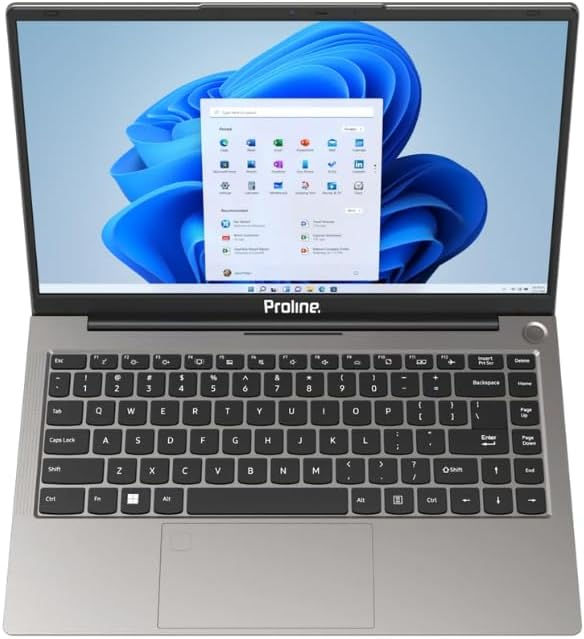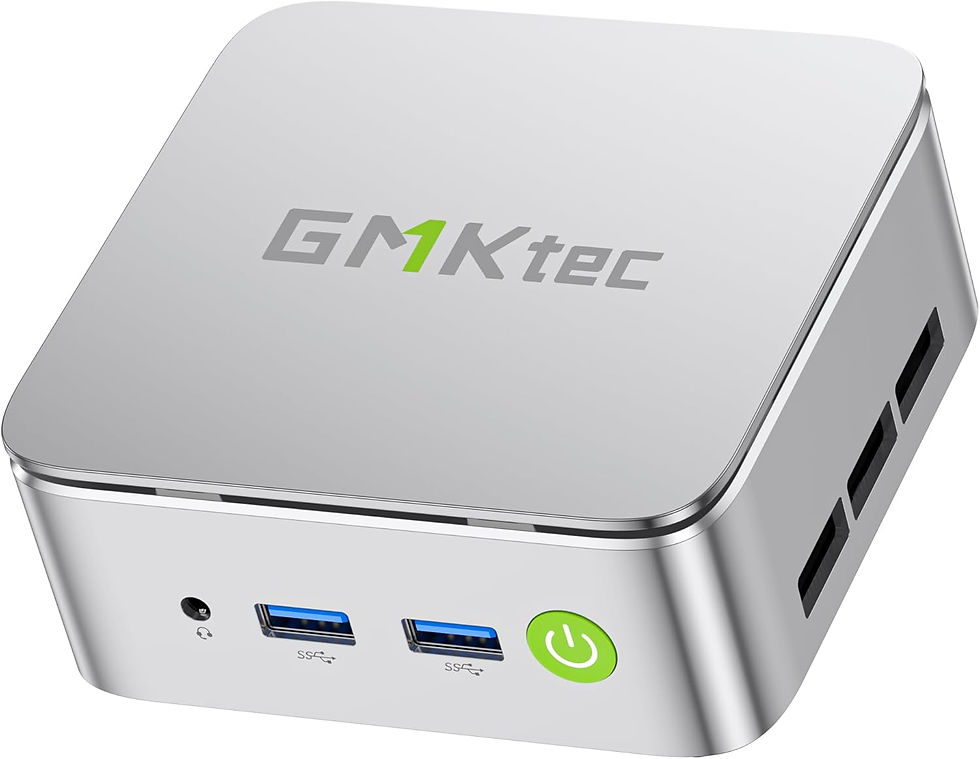Why Buying Laptops on Contract Might Be the Worst Tech Decision You’ll Make This Year
- Gav Mag
- Aug 11, 2025
- 5 min read
When it comes to getting your hands on a new laptop, the idea of a “laptop on contract” can seem incredibly tempting. The adverts make it sound simple:
No big upfront payment.
Small monthly installments.
A shiny new laptop in your hands immediately.
The even get bundled with Data and Fancy 4G modems.
It’s marketed as a stress-free way to upgrade your tech without breaking the bank — but here’s the uncomfortable truth: laptops on contract are almost always a bad deal.
In this post, we’re going to unpack why, show you what telecom companies aren’t telling you, and explain how you can get far better value without locking yourself into a 2- or 3-year payment plan.

The Illusion of Affordability
One of the biggest hooks used by major telecom companies — and yes, you probably know the “yellow” and “red” brands I’m hinting at — is the monthly price tag.They splash something like “R299 per month” across their adverts, making you believe you’re scoring an absolute bargain.
The problem?
These contracts often run 12, 24, or even 36 months.
That “R299” adds up — and fast. They sometimes hit you with side costs like insurance at checkout, which you have to take for example.
You can end up paying far more than the laptop is actually worth.
They can often be a laptop contract deal for the telecoms company and their middelmen, rather than for the consumer, meaning the laptop is possibly not selling well in the market or has old specifications today, and the middelmen or supplier needs to "dump their stock" to make room for new items.
Example:If a laptop costs R6,000 outright, a 36-month contract at R299/month means you’re paying R10,764 over three years — that’s almost double the retail price.
And in case you’re wondering: no, you’re not getting a premium, top-of-the-line laptop for that price. They also love calling it an Intel Celeron or Core i3, without telling you which Intel generation it is. Hint - careful of the celeron n4500 which is popular right now in these adverts, a quick search on google pulls up the below reult:
"People also ask:
Is the Intel Celeron N4500 processor any good?
The average N4500 in our database shapes up to be a fairly slow processor"
In 3 to 6 months time, you will be stuck in the mud.
Low-End Specs Disguised as Premium Offers
The second issue with laptops on contract is the hardware you’re actually getting. In many cases, these laptops are low-end, entry-level models with just enough processing power for basic tasks — think checking emails, browsing the web, and maybe some light office work.
Why is this a problem?
Slow performance over time — after a year or two, the laptop starts struggling with newer software updates.
Minimal upgrade potential — some contract laptops have soldered RAM or limited storage, meaning you can’t upgrade later. Or perhaps the contract could state things such as "opening the laptop to upgrade it will void the warranty"
Poor resale value — once you’ve paid it off, it’s outdated and worth a fraction of what you paid.
To make matters worse, many telecom or big retailer websites make it hard to find the actual specs. The CPU model, RAM size and upgradeability, storage type etc... — all the details that help you understand a laptop’s performance — are often buried in fine print or not listed at all.
Why They Don’t Want You to See the Specs Clearly
It’s simple: if you saw the actual specifications up front, you’d probably realise you could get a better laptop for less money by buying outright. Some online retailers have a better offer by offering a payment path to pay-off the laptop over time which is also a better option. Hiding or burying the details allows them to focus your attention on the “affordable” monthly price instead of the poor value you’re getting.
This is a classic marketing tactic — sell the payment plan, not the product. Telecoms companies perfected this with smartphones.
Long-Term Cost vs Short-Term Comfort
Let’s be honest: paying R5,000 to R10,000 in one go isn’t always possible for everyone. The appeal of breaking it down into small chunks is real. But here’s the trap:
You’re tied into a contract for up to three years.
You’re likely overpaying by thousands of Rands.
You can’t easily upgrade or change your device without penalty.
And here’s the kicker: by the time you’ve finished paying, the laptop you “just got” is already outdated and slow, and you might be itching for a new one — meaning the cycle starts all over again.
Better Alternatives to Laptops on Contract
Instead of locking yourself into a long-term agreement for a low-spec laptop, here are some smarter options:
1. Buy Outright — Even if it’s a Budget Model
You can find excellent deals on budget-friendly laptops that still outperform most contract models. Retailers and online stores (including us here at BuySave) often have specials that beat contract pricing by thousands over the long run. At Buysave we care about each and every customer as we are a small business.
2. Consider a Mini PC Instead
If portability isn’t your main concern, a mini PC can give you far more power for your money, takes up minimal desk space, can even be portable as these days there is a TV or monitor just about everywhere you go on Holiday or an Office trip, and a Mini PC easily works via HDMI. They have good upgrade paths.
3. Look for Quality Refurbished Laptops
A well-refurbished business-grade laptop can easily outperform a brand-new low-end contract machine and often comes with a warranty. Not soemthing we at Buysave offer but its still a better idea than a laptop contract deal.
4. Save First, Buy Later
If you put aside the same amount you’d pay monthly on a contract, you could buy a much better laptop outright in just a few months — with no interest or hidden costs.

Don’t Let the Monthly Price Fool You
Laptops on contract might seem convenient, but they come with a high hidden cost — literally. You end up locked into a long-term payment plan, often for a laptop that’s underpowered from the start.
The reality is simple:
You’re paying for the convenience of spreading the cost, but you’re also paying a big premium for it.
Specs are often vague for a reason.
By the time you own it, the laptop is outdated.
If you truly want the best value for your money, skip the contracts, shop around, and invest in a machine that will serve you well for years — not just until your payment plan runs out.
Pro Tip: At BuySave.co.za, we believe in transparent specs, fair pricing, and no hidden costs. What you see is exactly what you get — and we’ll help you choose a laptop or mini PC that gives you maximum performance for your budget.





Comments